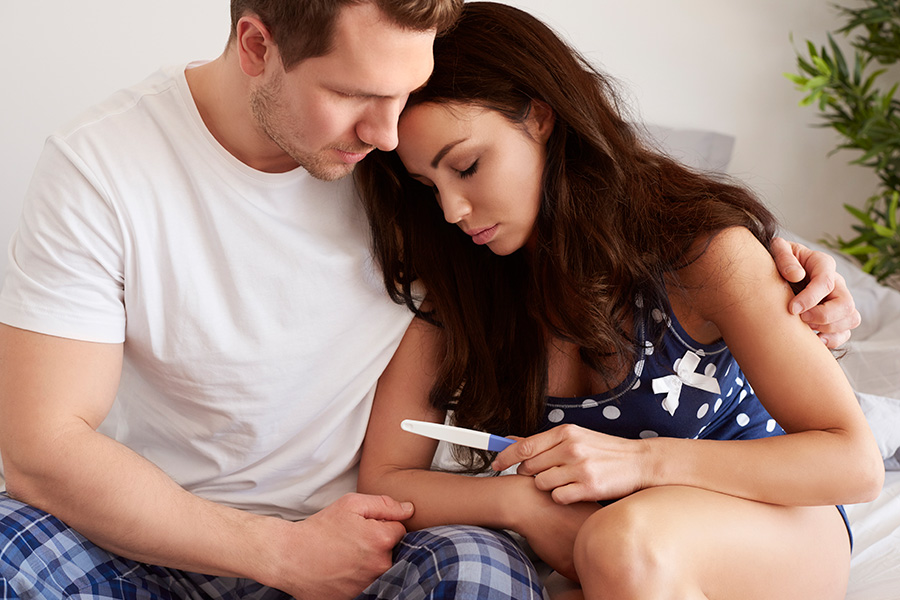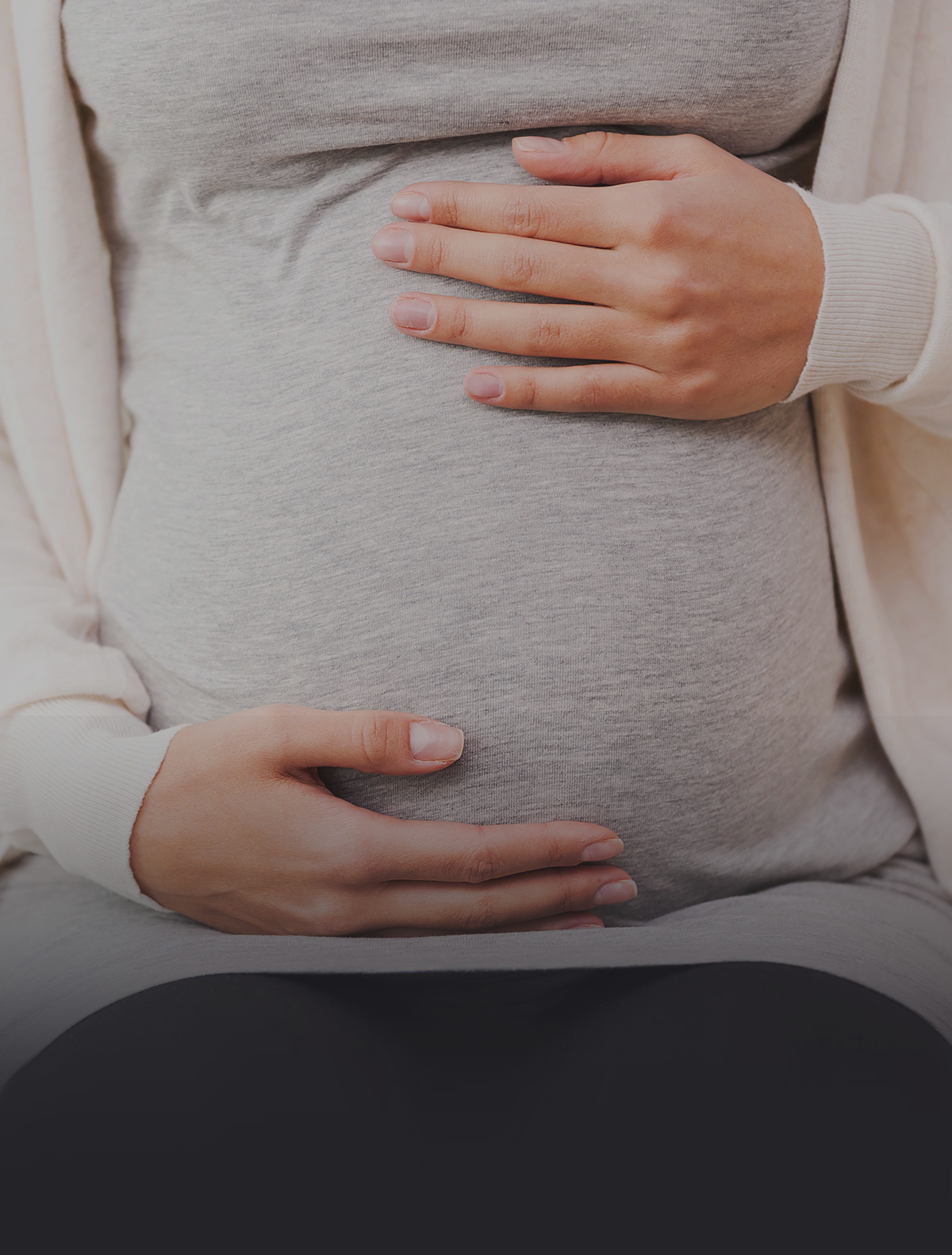Female Infertility
The most common cause of female infertility is irregular or lack of ovulation. Therefore, our first step will be to ensure that you are ovulating predictably. If we determine that you are not, we can induce your ovulation via medicine. If ovulation is confirmed, we will search for other causes through a thorough history and examination. The different issues that we look for are:
Different issues that we look for:
Hypothalamic/Pituitary disorders
Tubal disease or dysfunction
Uterine defects (polyps or fibroids)
Uterine malformations
Endometriosis
Metabolic disorders
Scar Tissue




Male Infertility
In addition to any of the above female factors, 40-50% of all infertile couples will have some form of male factor infertility, with male factor being the sole cause in 30% of cases. As a matter of fact, more cases of infertility are due to a male factor than any other single cause. The various male issues that we look for at FINA:
Different issues that we look for:
Low sperm counts
Low motility
Poor morphology
DNA fragmentation
Immune-related
Metabolic disorders
Recurrent Miscarriage
The definition of recurrent miscarriage, (aka recurrent pregnancy loss), is the loss of 2 or more clinically-recognized pregnancies involuntarily before 20 weeks. A little known fact is that 15% of all clinically recognized pregnancies end in miscarriage. Further, up to 60% of all conceptions do not survive past the first trimester. However, it is only 1-2% of all women who experience recurrent miscarriages.
If you are in this small percentage of women, don't lose hope! Even after 4 consecutive miscarriages, the chances that your next conception will be a live birth are at least 70%.
Different issues that we look for:
Hormonal abnormalities
Immune-related causes
Environmental factors
Uterine abnormalities
Female genetic abnormalities
Male genetic abnormalities
Infection or inflammation
Frustratingly, 50% of women never figure out the cause of their recurrent miscarriages. However, greater than 80% of these women will go on to have a live-born baby if they are appropriately counseled and receive psychological support.




